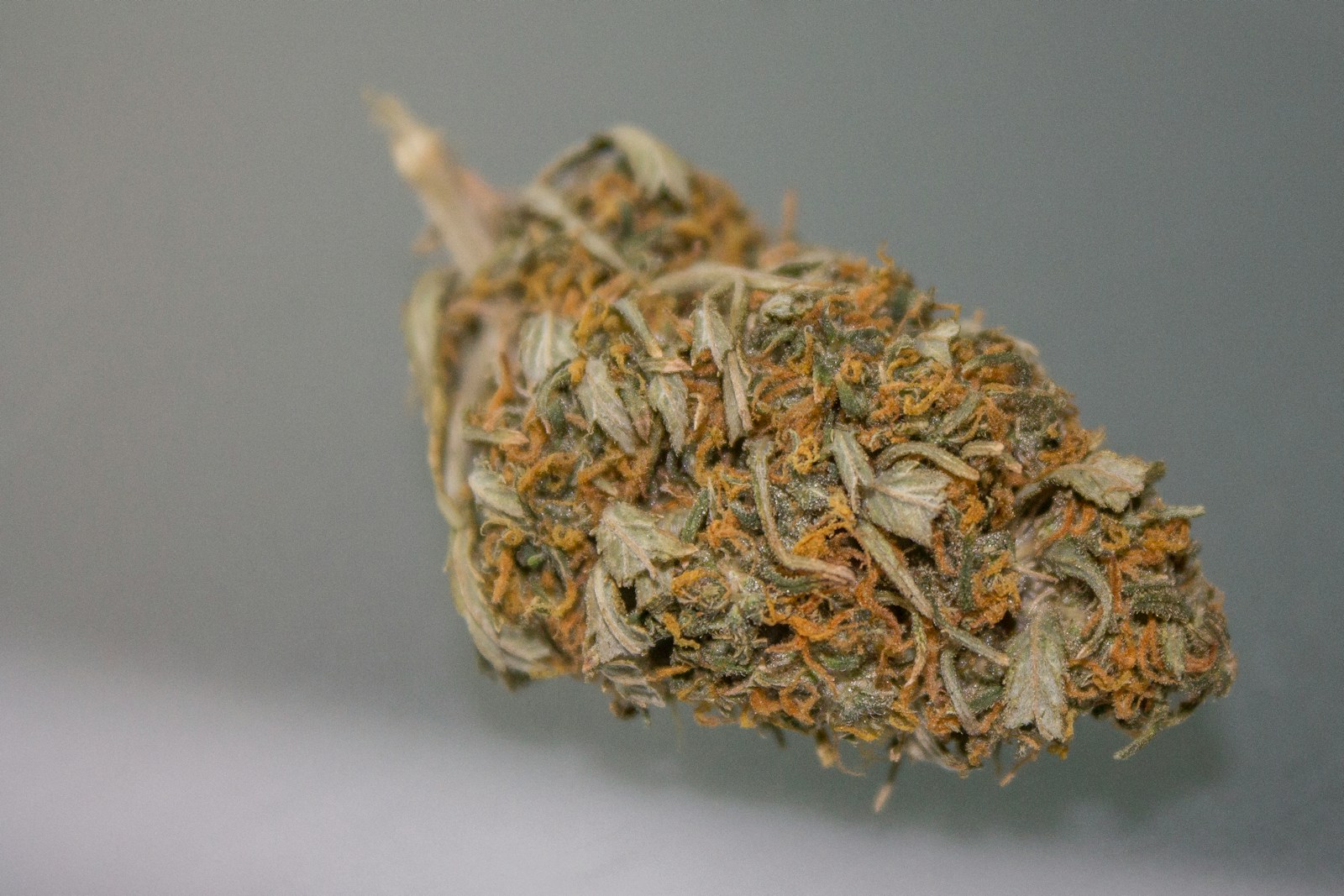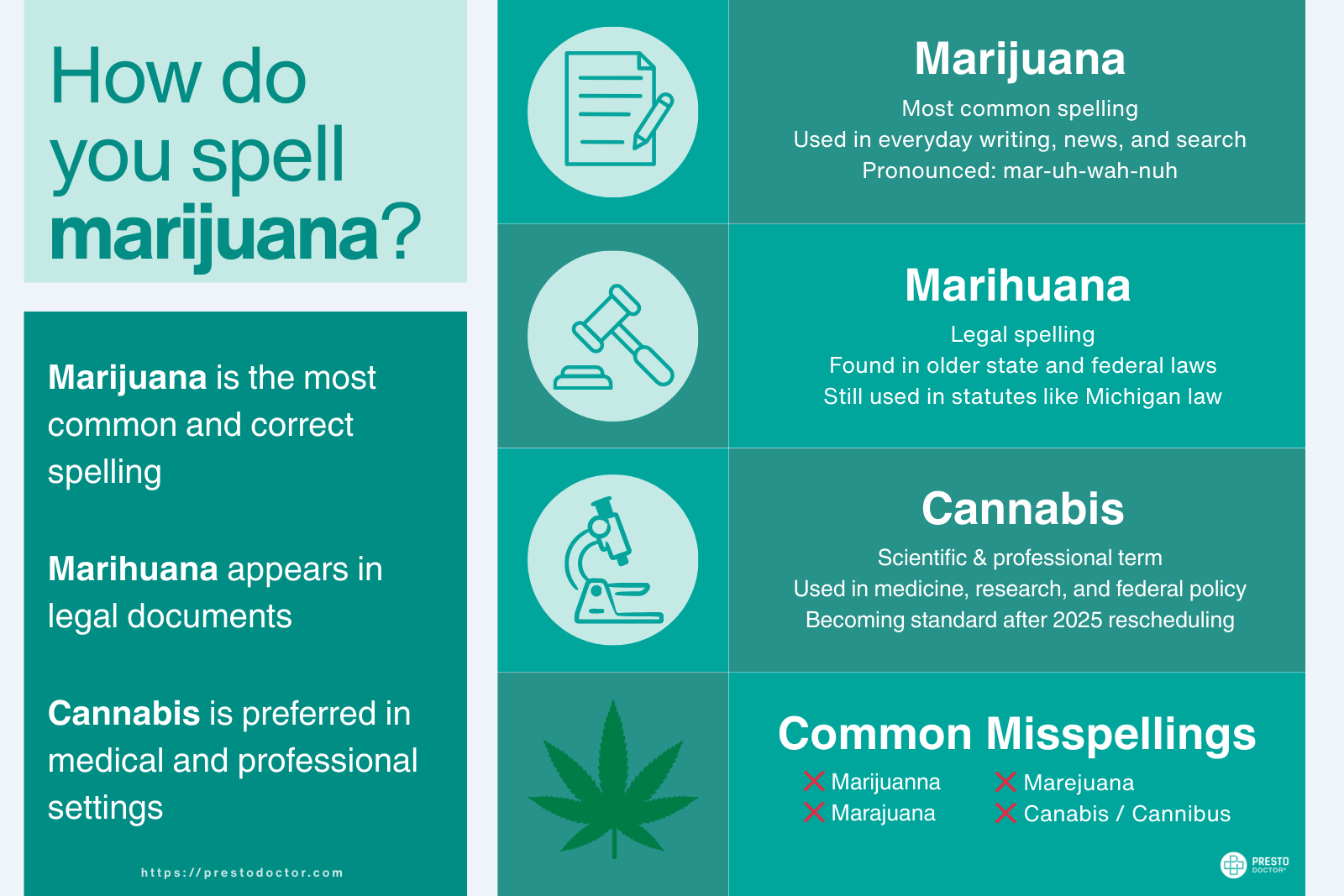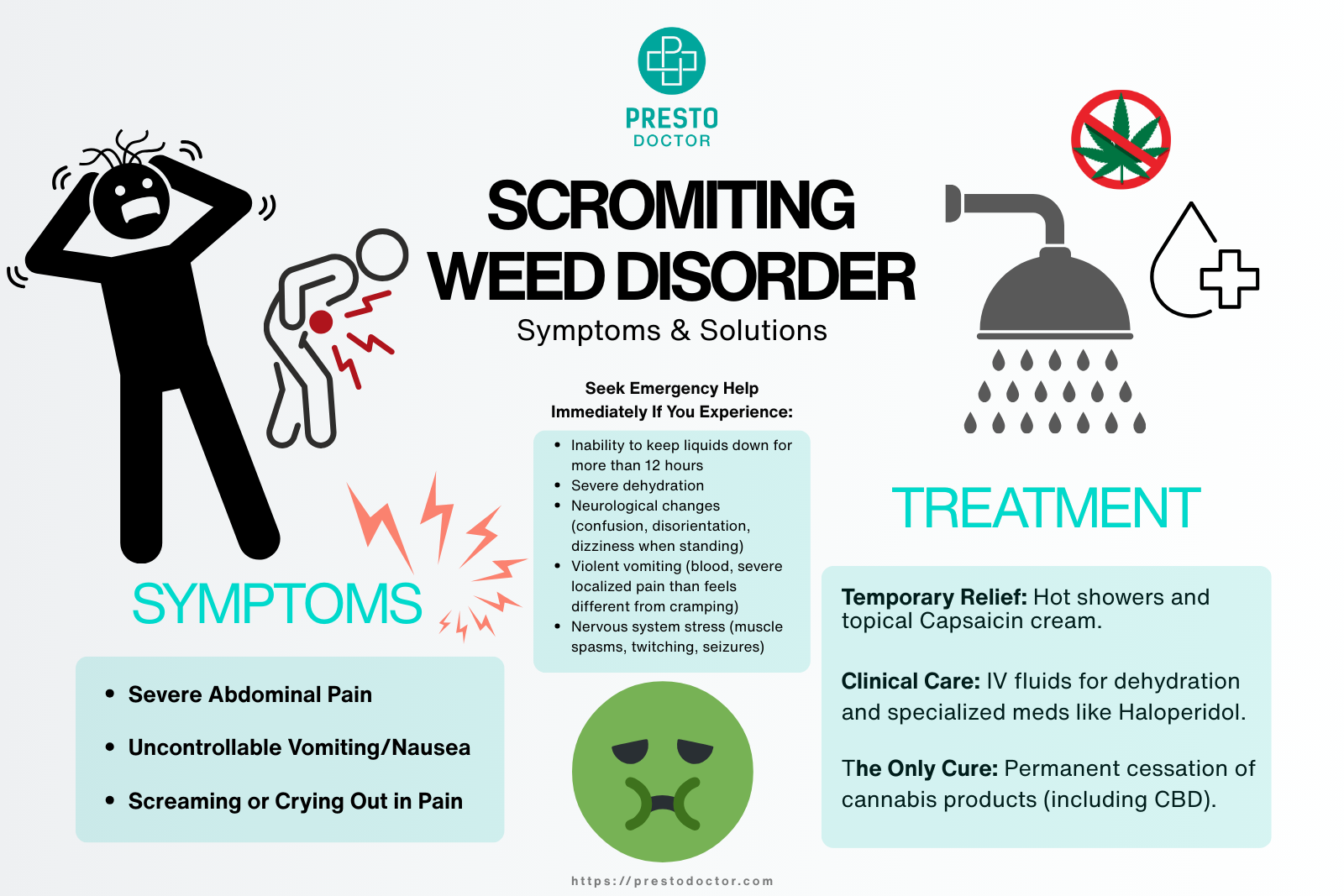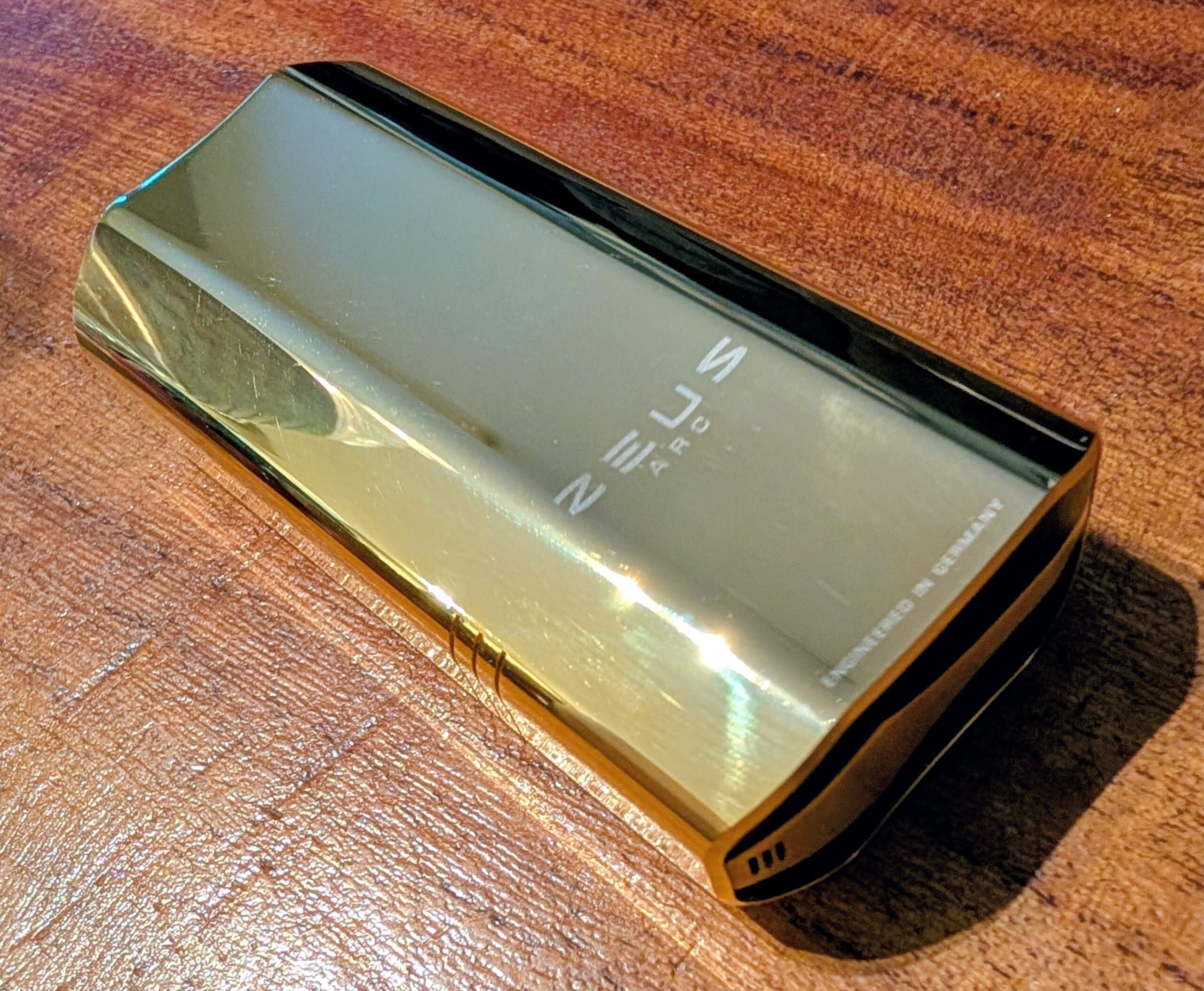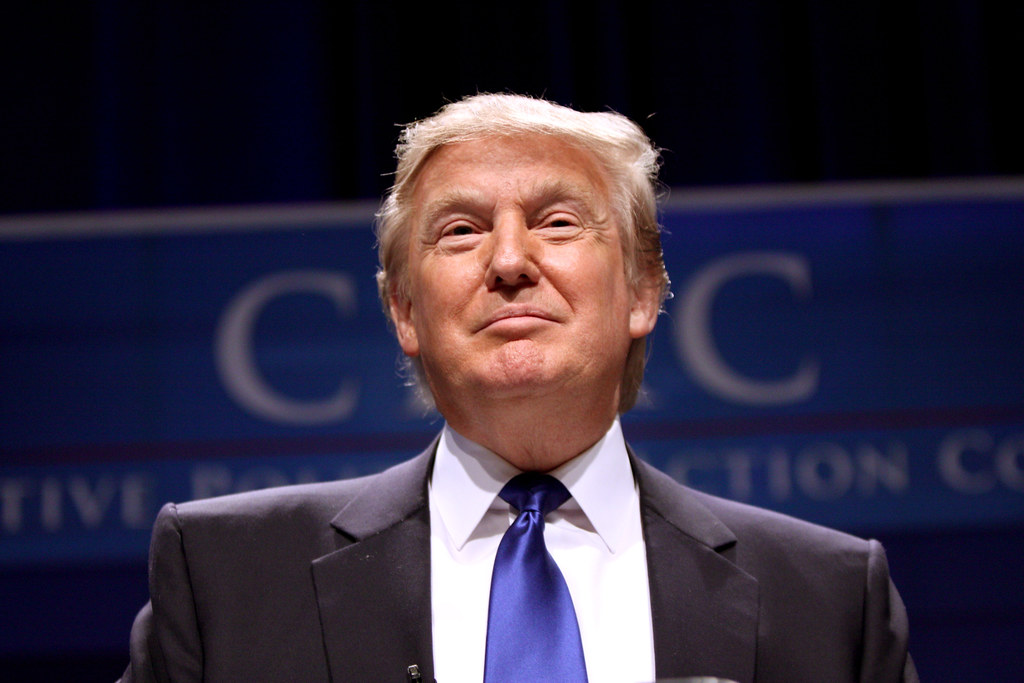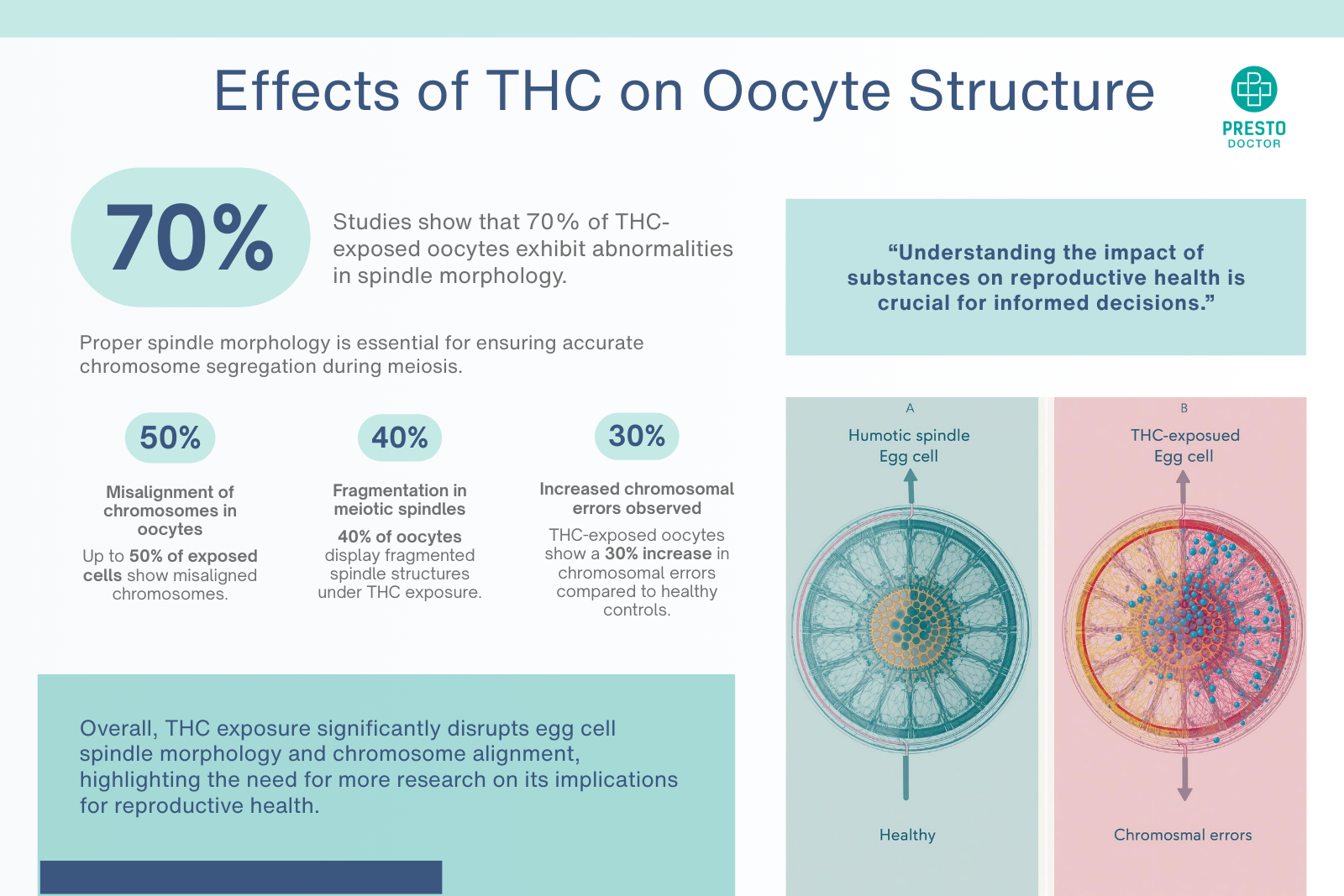
North Carolina is making strides in its journey toward medical marijuana legalization as the first legal dispensary opens on Cherokee reservation land. While medical marijuana has been a contentious issue in the state for years, recent developments signal a potential shift in policy and attitude toward cannabis use for medicinal purposes.
Overview of Medical Marijuana Legalization in North Carolina
For years, medical marijuana legalization in North Carolina has been a topic of debate among lawmakers, healthcare professionals, and advocates. While states across the country have already embraced medical cannabis programs, North Carolina has been relatively conservative in its approach. However, recent legislative sessions and local initiatives have shown signs of progress, culminating in the historic opening of the Cherokee dispensary.
Cherokee Store Opening for Medical Marijuana Sales
The Cherokee dispensary represents a significant milestone in North Carolina’s medical marijuana journey. It provides a legal and regulated avenue for individuals to access medicinal cannabis products. This groundbreaking development offers hope to patients suffering from various medical conditions who may benefit from the therapeutic properties of marijuana.
Amid cheers and celebrations, the Cherokee dispensary officially opened its doors, marking a pivotal moment in North Carolina’s cannabis history. With its establishment, individuals now have a safe and regulated environment to purchase medical marijuana products. Purchasing medical marijuana from a licensed dispensary ensures quality product and compliance with state laws.
Adding to the milestone, North Carolina’s first cannabis dispensary, the Great Smoky Cannabis Co., opened last week to an attendance of hundreds. Forrest Parker, the general manager for Qualla Enterprises, emphasized the transformative impact of the project on the community during the opening ceremony, underscoring its potential for social, economic, and spiritual growth.
Chris Suttle, who attended the grand opening, shared his journey with medical marijuana, emphasizing its life-changing impact and his commitment to advocating for its legalization and accessibility.
“We get to come together and finally have access to the medicine that we deserve,” he said.
What You Need To Know
- The Great Smoky Cannabis Co. in the Qualla Boundary is the only dispensary in the state where medical marijuana can be legally purchased.
- Lines ran out of the dispensary doors on the morning of Saturday, April 20, or 4/20, for the company’s grand opening.
- In order to purchase from the dispensary, individuals must be 21 or older and have an EBCI medical cannabis patient card or an approved medical marijuana card from a different state.
- In 2021, the Eastern Band of Cherokee Indians Tribal Council voted to legalize medical marijuana in the Qualla Boundary. Marijuana remains illegal in North Carolina and federally. The Eastern Band of Cherokee Indians’ laws on medical cannabis apply only on tribal land.
Marijuana Legality in North Carolina
Marijuana remains illegal for medical or recreational use in North Carolina, except within the Qualla Boundary, home of the Eastern Band of Cherokee Indians. In 2021, medical marijuana was legalized on tribal land. This allows eligible individuals to submit applications for medical marijuana cards through the EBCI website. However, it is important to note that transporting cannabis out of Cherokee remains illegal, and possessing a medical cannabis patient card does not provide protection against prosecution by federal or state authorities.
Outside of the Qualla Boundary, North Carolina has legalized some low-THC products under a 2021 state law, allowing the sale of products with no more than 0.3% of delta-9 THC.
Qualifications for Medical Marijuana in North Carolina
To qualify for a medical marijuana card in Cherokee, individuals must demonstrate proof of one or more of the following 17 conditions:
- Acquired immune deficiency syndrome.
- An anxiety disorder.
- An autism spectrum disorder.
- An autoimmune disorder.
- Anorexia nervosa.
- Cancer.
- Dependence upon or addiction to opioids.
- Glaucoma.
- A medical condition or treatment for a medical condition that produces, for a specific patient, one or more of the following:
- Cachexia.
- Muscle spasms, including those caused by multiple sclerosis.
- Seizures, including those caused by epilepsy.
- Nausea.
- Severe or chronic pain.
- A medical condition related to the human immunodeficiency virus.
- Post-traumatic stress disorder.
- Crohn’s disease.
- Sickle cell anemia.
- Amyotrophic lateral sclerosis.
- Parkinson’s disease.
- A condition resulting in the patient receiving Hospice care.
- A terminal illness with a life expectancy of less than six months.
Purchase Requirements and Fees
All patients must be 21 years or older to purchase medical cannabis. Fees for medical cannabis patient cards are $100 for North Carolina residents and $50 for enrolled EBCI members. Cards must be renewed yearly at a rate of $100 for North Carolina residents and $25 for EBCI members. At this time, the application process for medical marijuana patient cards will open for tribal members only.

